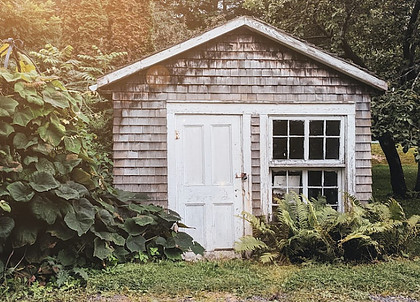
Does It Make Sense to Spend 25 Years Paying Off a House? Should you buy a house?
The dream of homeownership is deeply ingrained in many cultures. A home is often seen as a mark of stability, independence, and financial security. Yet, with that dream comes a significant commitment – most commonly a mortgage that can last 25 years or more. So, should you buy a house? Is this prolonged financial obligation a wise decision, or could you find better ways to invest that money? This article explores the pros and cons of dedicating a quarter of a century to paying off a house.
 The Case for a 25-Year Mortgage
The Case for a 25-Year Mortgage
Let’s begin by understanding why a 25-year mortgage can make sense for some people.
- Stability and Predictability: Owning a home offers a sense of security and permanence that renting doesn’t. Your monthly mortgage payment is generally fixed, offering predictability for budgeting. On the other hand, rental prices tend to increase over time, leading to uncertainty.
- Forced Savings: A mortgage acts as a form of forced savings. Each payment increases your home equity—the portion of the property you truly own. Over the years, this equity can add up to a substantial asset.
- Potential for Appreciation: Real estate tends to increase in value over time, although it’s not guaranteed. If your home appreciates, it can result in significant returns when you sell.
- Tax Benefits: In some countries, homeowners can deduct mortgage interest from their taxes, resulting in potentially significant savings.
 The Case Against a 25-Year Mortgage
The Case Against a 25-Year Mortgage
Despite the potential benefits, there are compelling reasons to reconsider taking on a long-term mortgage.
- Liquidity and Flexibility: A mortgage is a long-term commitment that doesn’t offer much flexibility. If your financial circumstances change, you still have to make your monthly mortgage payments. Also, the equity in your home isn’t readily accessible. To tap into it, you’d need to sell your home or take out a home equity loan.
- Interest Costs: Over 25 years, you’ll pay a substantial amount in interest. For instance, on a $300,000 mortgage at a 4% interest rate, you’d pay about $210,000 in interest over the life of the loan.
- Opportunity Cost: The money you put towards a mortgage is money you can’t invest elsewhere. The potential returns from stock market investments, for instance, might outperform the appreciation of your home.
- Maintenance and Unexpected Costs: Homeownership comes with ongoing costs like property taxes, insurance, and maintenance. These costs can add up over time and are often unpredictable.
So, does it make sense to spend 25 years paying off a house? Should you buy a house?
As with many financial decisions, the answer depends on your individual circumstances, goals, and risk tolerance. Here are some key considerations:
- Personal Preferences: Are you seeking the stability of homeownership, or do you prefer the flexibility of renting? Your lifestyle and preferences will significantly influence this decision.
- Financial Stability: Do you have a stable income that can comfortably cover the mortgage payments and associated homeownership costs?
- Market Conditions: Are current market conditions favourable for buying a home? Consider factors like interest rates, housing prices, and the potential for appreciation.
- Investment Opportunities: Would investing in other assets potentially offer better returns? Evaluate the expected return on investment from homeownership versus other investment opportunities.
- Long-term Plans: Do you plan to stay in the same place for the foreseeable future? If you expect to move within a few years, buying may not make financial sense.
In conclusion, while a 25-year mortgage can be a path to financial security and homeownership, it isn’t the right choice for everyone. Thoroughly evaluate your personal situation, consider your financial goals, and, if possible, consult with a financial advisor before making this significant commitment. Remember, the goal is to make your money work for you in the most effective way possible, and there are many paths to achieving financial security.
Read Rent vs buy a house
Also read Protect Your Assets Before Divorce





